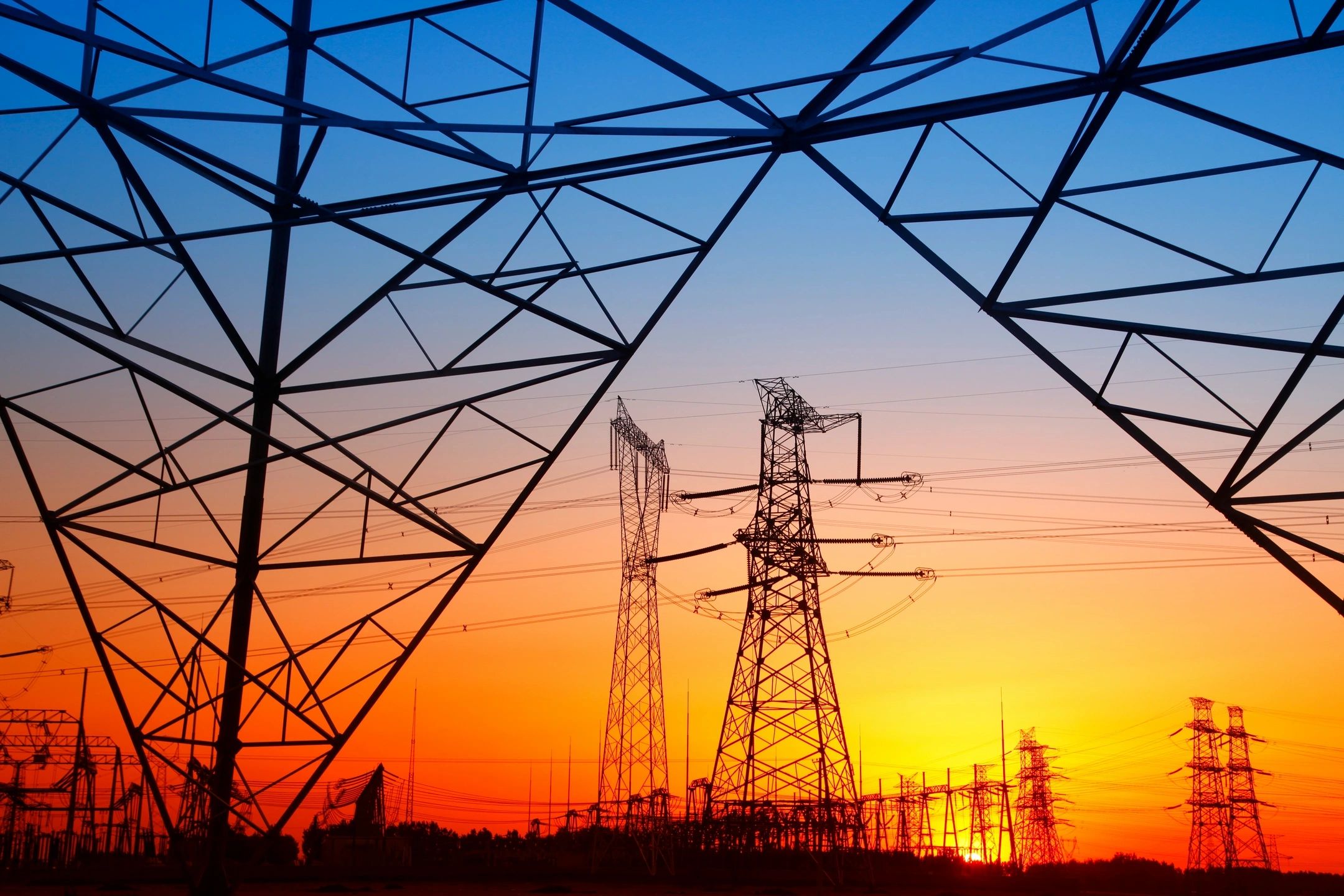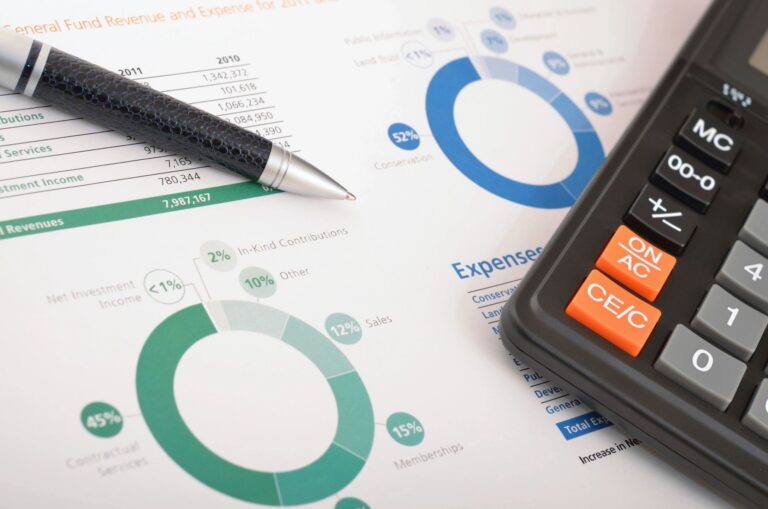How Will Energy Commodity Trading Upgrade Your Portfolio?
DISCLOSURE: THIS POST MAY CONTAIN AFFILIATE LINKS, MEANING I GET A COMMISSION IF YOU DECIDE TO MAKE A PURCHASE THROUGH MY LINKS, AT NO COST TO YOU!
Are you looking to increase the return on your investments? Investing in energy commodities has become increasingly popular in recent years. It can be a great way to diversify your portfolio and increase potential gains.
We’ll discuss the potential of energy commodity trading and how it can help you upgrade your portfolio. From understanding the basics of energy commodity trading to exploring how you can get involved, this blog post will provide an in-depth look at the topic.
Read on to learn more!

What Are Energy Commodities?
Energy commodities are a type of commodity that is traded on the open market. These commodities come in many forms, from crude oil to natural gas and other petroleum products. They can also include electricity, coal, and different energy sources.
These commodities are traded as futures contracts, agreements between two parties to purchase. Energy commodities are often seen as essential to any portfolio due to their high volatility and potential for significant returns.
When trading energy commodities, investors must be aware of the risks associated with the market. Commodity prices are subject to the movements of the underlying energy markets, meaning they can experience sudden and significant fluctuations in price. It can result in both large gains and losses.
Additionally, there is a risk of counterparty default and changes in taxation laws, which can affect trading decisions. To mitigate these risks, investors need to understand the different types of energy commodities and be familiar with the markets in which they trade.
Cookies or other tracking technologies are used by many exchanges to ensure accuracy in trades and facilitate market risk management. It means traders must know the collected data and its potential trade implications.
Furthermore, some exchanges may also charge additional fees related to data and analytics, which traders should consider when trading energy commodities.
The Benefits of Commodity Trading
For all the potential benefits of trading commodities, there is no denying that it carries a certain degree of risk. While the potential for high investment returns can attract many investors, it’s important to remember that commodity prices can be volatile and unpredictable. It means the potential for losses is just as high as the potential for gains.
Some of the risks associated with commodity trading include the following:
- Potential for High Returns:
Commodity trading can offer investors the potential for high returns. It is an attractive option for investors looking to diversify their portfolios, as commodities provide a great way to hedge against inflation and other economic factors.
Commodities such as oil, gold and wheat are often traded on the futures market, with investors being able to buy or sell contracts depending on their strategy. By investing in commodities, traders can benefit from significant gains when prices rise.
It is because commodities tend to be more volatile than stocks, making them more sensitive to changes in demand and supply. Furthermore, commodities are not typically tied to the stock market’s performance, providing investors with a better opportunity to make money.
- Protection Against Inflation:
Commodity trading can help protect against inflationary pressures. Commodities tend to move inversely with inflation, meaning commodity prices generally fall as inflation rises. It makes commodities an attractive hedge against inflation, as investors can use them to offset the adverse effects of inflation on their portfolios.
Additionally, commodities provide a measure of protection against currency devaluation. Commodities can store value during economic instability, providing investors a haven during turbulent times.
By investing in commodities, investors can hedge against inflation and mitigate the risk of currency devaluation.

- Hedge Against Geopolitical Risks
Commodities can effectively hedge against geopolitical risks, such as changes in the political climate or international tensions.
By diversifying into commodities, investors can protect their portfolios from potential losses due to volatile global events. Commodities can provide security and stability in an otherwise unpredictable environment.
Furthermore, certain commodities have low correlations with other asset classes and can act as a buffer against sudden market shocks. For instance, gold is often seen as a haven asset during global turmoil and political upheaval. It provides a reliable source of returns when other investments become risky.
Additionally, commodities are typically less affected by exchange rate changes, making them ideal for hedging against currency fluctuations. All in all, commodities can effectively reduce the impact of political risks on your investments.
- Increased Earnings Potential
Commodity trading can help you significantly increase your earnings potential, even with a small investment. For example, when trading commodities like gold and silver, you can purchase a contract for a fraction of the underlying asset. It allows you to maximize returns while minimizing risk.
Additionally, many commodities provide excellent leverage opportunities, meaning you can control a more prominent position with less capital. It allows you to magnify your profits if the market moves in your favor.
As such, trading commodities can effectively increase your earning potential in the short term.
- Low Correlation with Other Assets
When you invest in commodities, you have the potential to generate returns without having to worry about their correlation with other assets. Commodities often move inversely to different asset classes. So, when stocks and bonds are performing poorly, commodity prices could rise. This low correlation can also help investors diversify their portfolios and reduce risk by mitigating losses.
The low correlation of commodities is due to several factors.
First, commodity prices are driven mainly by supply and demand dynamics. It means that the price of a commodity may not be affected by the same macroeconomic factors that drive the stock market or other asset classes. Commodities are also traded on global markets, so changes in a country’s political and economic climate may affect commodity prices differently than stocks.
Another factor contributing to the low correlation of commodities is that they are often used as a hedge against inflation. Because commodities tend to increase in value during periods of high inflation, investing in them can protect against rising prices. It is especially beneficial for investors looking to preserve their wealth and guard against economic uncertainty.
Since commodities provide an alternative source of investment income, investors can use them to offset any downturns in traditional investments.
Risks of Energy Commodity Trading
Energy commodity trading comes with a variety of risks. Each of these risks can significantly impact an energy trader’s profits or losses. Understanding the various risks is crucial to success in the energy commodity trading industry.
By doing so, we aim to equip readers with the knowledge they need to make informed decisions when trading energy commodities.
Risk #1: Volatile Prices
Energy commodity prices are highly volatile, and traders must be aware of the potential for considerable swings in value.
Energy commodities are susceptible to market sentiment, so prices can drop rapidly if demand falls or supply increases. It makes it difficult to accurately predict the direction of price movements and how far they will go. As a result, traders need to take steps to protect themselves against sudden drops in the market.
With the right strategies, however, trading energy commodities can still be profitable in the long run.
Risk #2: Weather-Related Risks
When trading energy commodities, weather-related risks are a major consideration. Natural disasters like hurricanes can disrupt energy production and transportation and cause price fluctuations.
In addition, commodity traders must be aware of the potential for weather-related delays in processing their trades. In some cases, extreme weather events can lead to price spikes or collapses that can seriously impact a trader’s bottom line.
Energy traders need to understand the weather patterns of their trading areas. And to stay up to date on any news related to the weather so they can better anticipate changes in the market.
Risk #3: Regulatory Risk
Regulatory risk is a major issue regarding energy commodity trading, as governments worldwide may choose to intervene in the market. Regulations can be imposed to protect consumers, industry and the environment, as well as to manage prices and supply.
For example, some countries may restrict energy exports or control energy prices. This risk can lead to sudden price swings, making it difficult for traders to predict how the market will behave. Furthermore, new regulations can be introduced unexpectedly, significantly impacting trading activities and returns.
As such, traders must stay up-to-date with the regulatory environment to anticipate and manage risks associated with energy commodity trading.
Risk #4: Geopolitical Risk
Energy commodity trading can be affected by geopolitical issues such as wars, embargoes, and sanctions. Such events can cause prices to fluctuate drastically and with great uncertainty, making it difficult to manage risk.

Conclusion
Energy commodity trading is an excellent way to upgrade your portfolio.
It can help diversify your investments, increase returns, and reduce risk. With the potential for large profits, it’s no wonder that energy commodity trading is becoming increasingly popular among investors. While risks are involved, the rewards can be great if you know what you’re doing.
Investing in energy commodities requires research and market knowledge but can be a valuable addition to your portfolio.
Thanks for reading this article and if you like this kind of content don’t forget to sign up for our weekly posts. You are sure to get some value!
![]()







